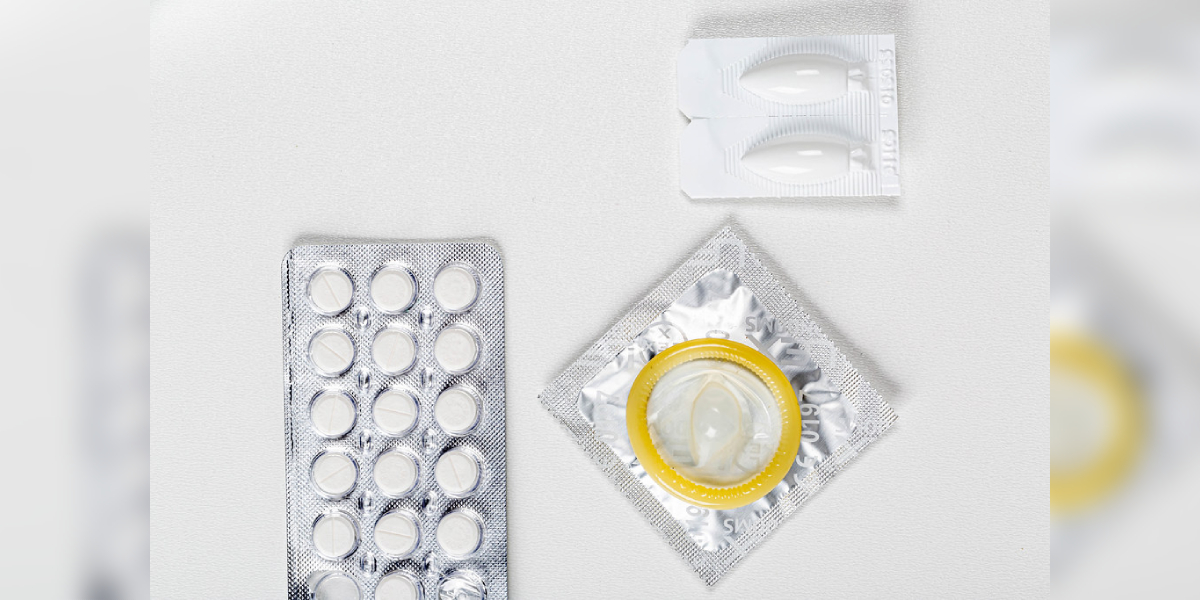Local reports said the Drugs Controller of Karnataka prohibited the sale of contraceptives and antidepressants to minors. He denied this.

Two psychiatrists told South First that it was generally not considered a good idea to ban contraceptive access for teenagers. (Creative Commons)
Experts are slamming an apparent move by Karnataka to ban the sale of contraceptives to minors, amid confusion over whether the state actually issued a circular in this regard.
The confusion began on Wednesday, with news reports claiming that Drugs Controller of Karnataka Bhagoji T Khanapure had issued a circular in this regard.
The reports said the circular prohibited all pharmaceutical and medical stores in the state from selling condoms, oral contraceptives, and antidepressants to individuals below the age of 18.
However, he confirmed to South First on Thursday that these reports were incorrect.
He said over the phone: “We received a circular from the Women and Child Welfare Department from the Union government asking to create awareness amongst teenagers. The media report has wrongly reported it [sic].”
Khanapure explained: “We have asked pharmacists and drug stores to create awareness amongst minors who are coming to purchase condoms and oral contraceptives. We will release a complete statement regarding this on Friday.”
Meanwhile, experts opined that any move to stifle the supply of birth-control measures — like condoms or contraceptive pills — to minors might not be a good idea.
In fact, the move might have the exact opposite effect to the one intended, they said.
Two psychiatrists told South First that it was generally not considered a good idea to ban contraceptive access for teenagers.
“Preventing teens from getting contraceptives will not stop them from having sex. It will just drive them away from the services they need to protect themselves,” Hyderabad-based psychiatrist Dr Meghna Kumar told South First.
“Access to contraception is an important aspect of sexual and reproductive health, and can help to prevent unintended pregnancies and reduce the risk of sexually transmitted infections (STIs),” she explained.
“Teenagers have the same right to access contraception as adults. So, it is important for teenagers to be able to purchase them easily and discreetly,” added Kumar.
She also said that as teenagers begin to explore their sexuality, it is important for them to understand the importance of safe sex and have access to the necessary tools to practise it.
Dr Vikaram Prasad, another Hyderabad-based psychiatrist, concurred.
Speaking to South First, he looked at the matter from another angle: “Parents are usually uncomfortable with the idea of their children being sexually active, or may have religious or moral objections to premarital sex. They are also concerned that providing condoms would be seen as encouraging sexual activity. Some parents may be worried about the potential consequences of their child having sex.”
He explained that it was important for parents to understand that asking children to abstain from sexual activity has been proven to be ineffective in preventing sexual activity or reducing the risk of unintended pregnancy and STIs.
“Instead of banning contraceptive access, it’s important to provide comprehensive sexual education and make contraceptives easily available for teens. This will empower them to make informed choices about their sexual health and well-being,” he said.
“Parents or teachers should have open and honest conversations with teenagers about sexual health and contraception to ensure they have the information they need to make responsible choices,” added Kumar.
Meanwhile, according to the aforementioned local reports about the circular, it was promulgated after condoms, cigarettes, lighters and contraceptive pills were found in bags of students in a raid carried out by the Associated Managements of Primary and Secondary Schools in Karnataka last year on of students in Classes 8, 9 and 10 to curb the rising incidence of they carrying mobile phones to school.
Paint thinners, which are easily available for substance abuse, were also found in the possessions of a few.
Following this, the Drug Control Department received many petitions for necessary action in the matter.
Condoms and contraceptives are birth control methods primarily used to prevent pregnancy.
As the psychiatrists said, condoms also help in the prevention of STIs.
They are, in fact, one of the most effective ways to prevent the spread of STIs such as HIV, herpes, and chlamydia, as they prevent the exchange of bodily fluids.

Jul 27, 2024

Jul 26, 2024

Jul 26, 2024

Jul 26, 2024

Jul 26, 2024

Jul 26, 2024